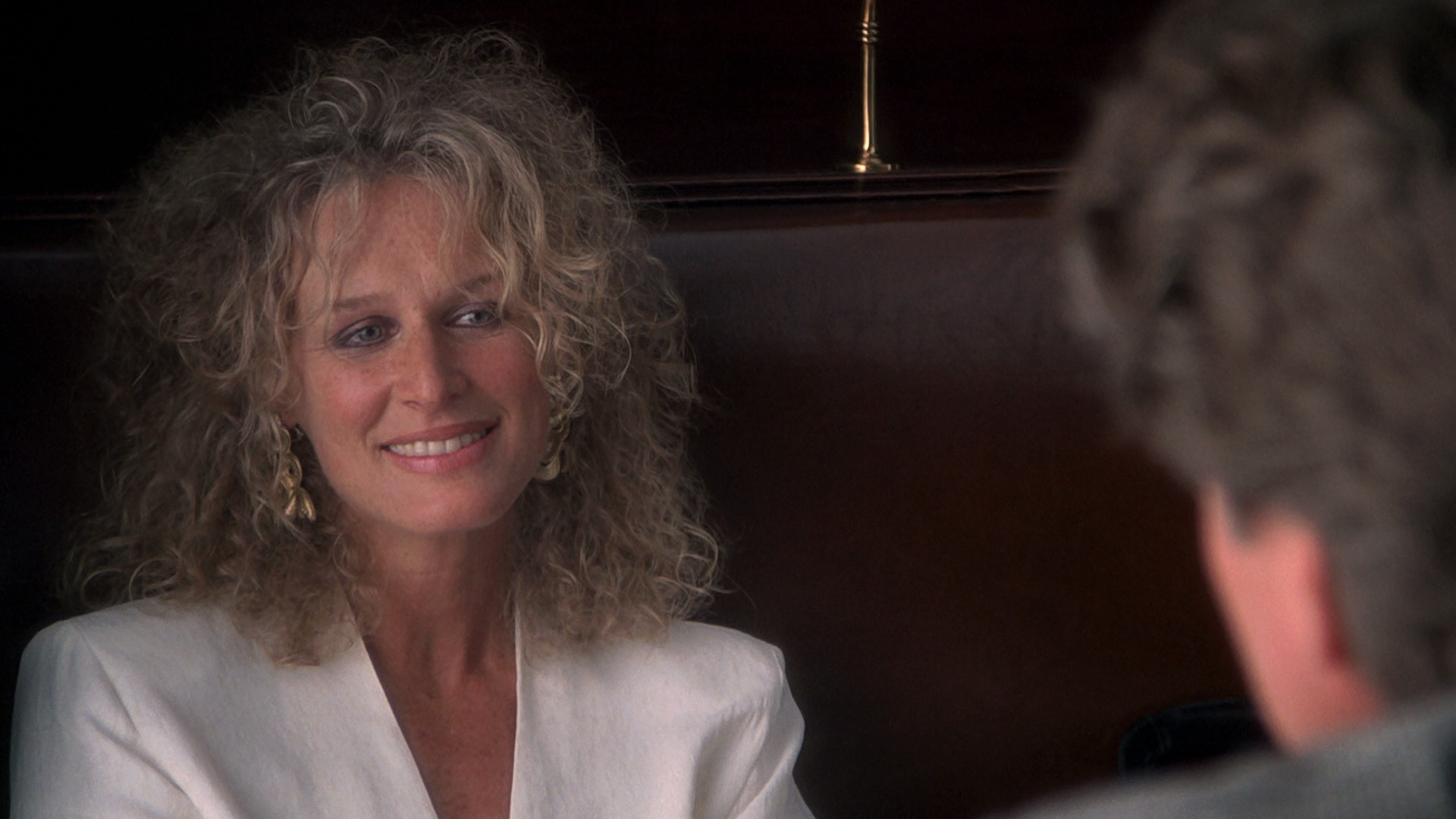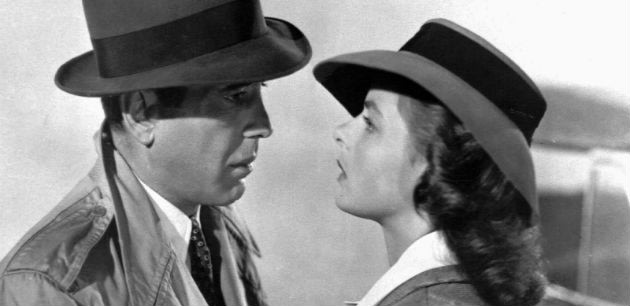Sick of the chocolate-filled, manufactured and saccharine Valentine’s Day? Can you honestly bear another showing of in the loop of Valentine’s Day, Sleepless in Seattle, You’ve Got Mail, or Love Actually? These five films will cure the Hallmark-promoted hangover:

5. Fatal Attraction: With about twenty minutes left , Fatal Attraction’s focus becomes more about a bunny-boiling woman unhinged. Unfortunately, this overshadows the deep seeded pain and rejection that Alex (Glenn Close) genuinely feels from being spurned by Dan Gallagher (Michael Douglas), a man who tries to frame the semantics of love in legalese. Admittedly, Alex might be a bit clingy and left-of-center, but it’s hard to deny the fact that she was thrown away and written of. While Adrian Lyne doesn’t help his stereotypical misogyny here, and the film is often remembered (and parodied) for its jarring final sequences, this is ultimately a tale of unrequited love and dissatisfaction.

4. Like Crazy: I could really only put one film of this type on the list, so I chose Like Crazy over the cuter, more capricious (500) Days of Summer. The latter is solid, but the montages of monotonous sleeping and cuddling that disguises itself to the characters as love is both endearing and heartrending. Like Crazy creates this illusory world and ideological definition of love that becomes so ingrained that admitting defeat is hardly an option. We know it’ll end eventually; we just don’t know how poorly or under what circumstances.

3. The Breakup: Going in to this film, I assume most people expected a cheesy tale of heartbreak and reparation, but Vince Vaughn and Jennifer Aniston give us something completely different. Instead, we watch a couple in the waning days of their relationship, one that has been prolonging its death rattle for the sake of an apartment that they own together. The Breakup is less about how to rekindle a relationship and more about how we visualize success with commodities. Perhaps the apartment was a symbol of success and a healthy relationship. Perhaps it was to create an appearance of stability, but within this purchase resides an irony. The apartment itself is simply an exchangeable space and in an ever-changing metropolis – hardly a symbol of fortitude or constancy.

2. Annie Hall: Set with the 1970’s as a backdrop, this story of Annie (Diane Keaton) and Alvy (Woody Allen) is as tumultuous as the decade they inhabit. Once again, we see the relationship dynamic as a symbol of stability in an utterly unstable world.

1a. Blue Valentine: It took about five minutes for a handful of people to point out this accidental omission. I’m a bit surprised at my forgetfulness considering how much I dug (if in fact you can “dig”) this movie. the acting is stellar, and the most noble moment in the film is the beginning of the end instead of the beginning of intertwining trajectories. Ryan Gosling got snubbed for a nomination here while Michelle Williams deservedly earned another. This is one of those films it’s hard to watch with your loved one, but a brilliant look at the moments that define us.

1. Casablanca: Rick’s (Humphrey Bogart) choice to let Ilsa (Ingred Bergman) board a plane with Victor Lazlo (Paul Henreid) reeks with sadness as he ventures off into the fog with Louis Renault (Claude Raines). The music portends happiness and we are familiar with the outcome of the war, so perhaps we see Rick’s gesture as necessary to the fight against Axis aggression, but there’s an obvious pain in his decision to remain in solitude rather than to join up with someone who might only be a shill for Ilsa. In a way, it’s a good thing that the original Casablanca sequel was never produced. Would we really want to see Rick with someone else? Is it believable that Rick and Ilsa would be reunited? Or, would it end in a similar fashion with Rick, this time, boarding a plane?






